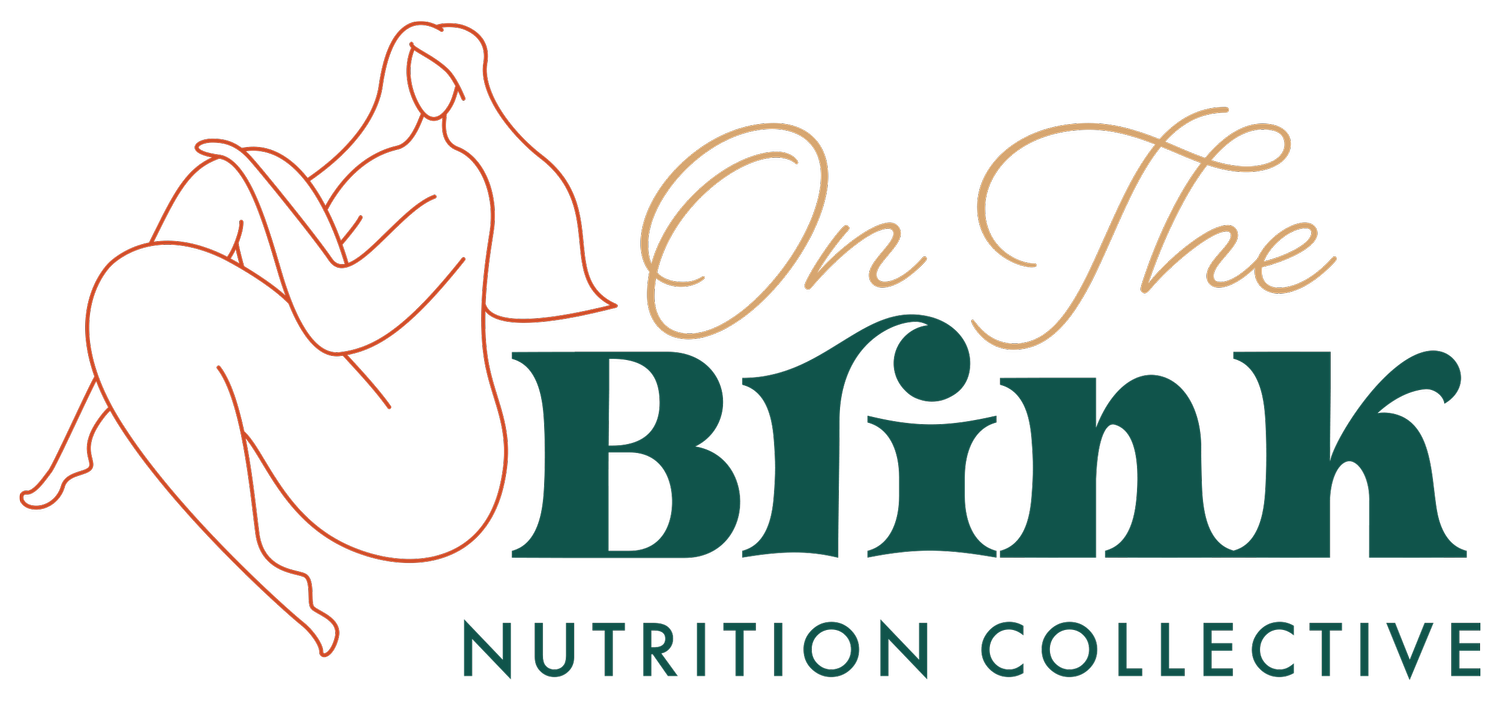4 Questions To Ask When Reaching For Snack Food.
In a culture that gives snack food (process, carbohydrate-based food) a bad rap, it’s easy to turn the judgement of wanting this food into judgement on yourself. It’s even more likely to experience shame and guilt from eating these foods.
Anytime we reach for something that has us questioning our choice, there is an opportunity for self-compassion and self-discovery.
So, if questioning our choice is normal and can actually promotes growth and connection, what stops us from taking this approach? Why do we fall into binary thinking when faced with confusion and fear (especially when it comes to eating)?
There are some very strong messages bombarding us on a daily basis about well-being and the personal responsibility we have as individuals to achieve the absolute highest level of health and function. Food and our eating habits receiving most of that focus (with exercise coming in as a close second). I can’t help but to notice the impact of authors like Michael Pollan. Virgina Sole-Smith wrote on this topic in a 2019 article.
Pollan’s 2009 follow-up bestseller, Food Rules: An Eater’s Manual, wasn’t about social justice. It was a diet book, straight up, full of cute little guilt trips like “The whiter the bread, the sooner you’ll be dead.” And Pollan, it’s relevant here to note, is quite thin. He might attribute that to his dedication to his food mantras, the most famous of which is the maddeningly vague “Eat food. Not too much. Mostly plants.” (How much is too much? Isn’t bread mostly plants?)
On the other side of the coin are the social media influencers hopping on the non-diet, intuitive eating bandwagon. Their understanding of the intuitive eating approach seems to be surface-level and an extreme reaction to the status quo wellness diet mentality, saying things like, “Eat whatever you want, whenever you want it!”
With so much confusing information coming at as from all sides, I feel called to offer a middle path to making more sense of why you might be reaching for highly palatable, “snack” food. It’s time to include the element of nuance and the call for discernment that comes with the attuned, connected eating style that I help my clients find.
Last week, I posted a short video on my instagram page to help answer the question of “Why am I reaching for snack food?” In it, I offered four question to ask yourself when you find yourself reaching for snack food.
Ask yourself 4 Questions
Who says snack food is bad? Check to see if your worry and concern is based on your value system or someone else’s (someone who profits off your guilt, shame, and fear).
Are you hungry? Have you had enough to eat today? If you are reaching for snack food (or any food for that matter), check in to see if this reach is driven by energy deprivation. Perhaps you are dieting and have been “good” all day. Your brain and body perceive this as a threat and your willpower doesn’t stand a chance against the survival instinct. If you are reaching for snack food consider including additional food groups to round out the meal. For example, potato chips and Chips Ahoy cookies go great with a bowl of soup and/or a sandwich with a side of fruit.
What are your sources of pleasure? It makes sense that we reach for highly palatable snack foods. Not because you are addicted to carbs, but because we are humans and we seek comfort and safety. Let’s turn back to your Autonomic Nervous System. If a day of stress and overwhelm has you in a Sympathetic-dominant place (fight/flight), it makes a lot of sense to use eating yummy food to bring you into comfort. Rather than shaming yourself for reaching for snacks, try expanding your repertoire of pleasure-based activities.
Could this be about ritual? Moving from the busyness of the day into what you hope is the calmness of the evening. What are some other practices you can add into your life to support your nervous system to move into regulation and grounding.
This is post is not about debating the pros and cons of processed, carbohydrate-based foods (chips, ice cream, candy, etc.). This post is not about how to trick yourself into eating “good” food instead of “bad” food. This post is an invitation for discernment of why we reach for food. This post is just one path toward a deeper knowing about your relationship with food.
Nee more support in moving away from dieting and into a more peaceful relationship with food? Schedule a time to chat for free!
